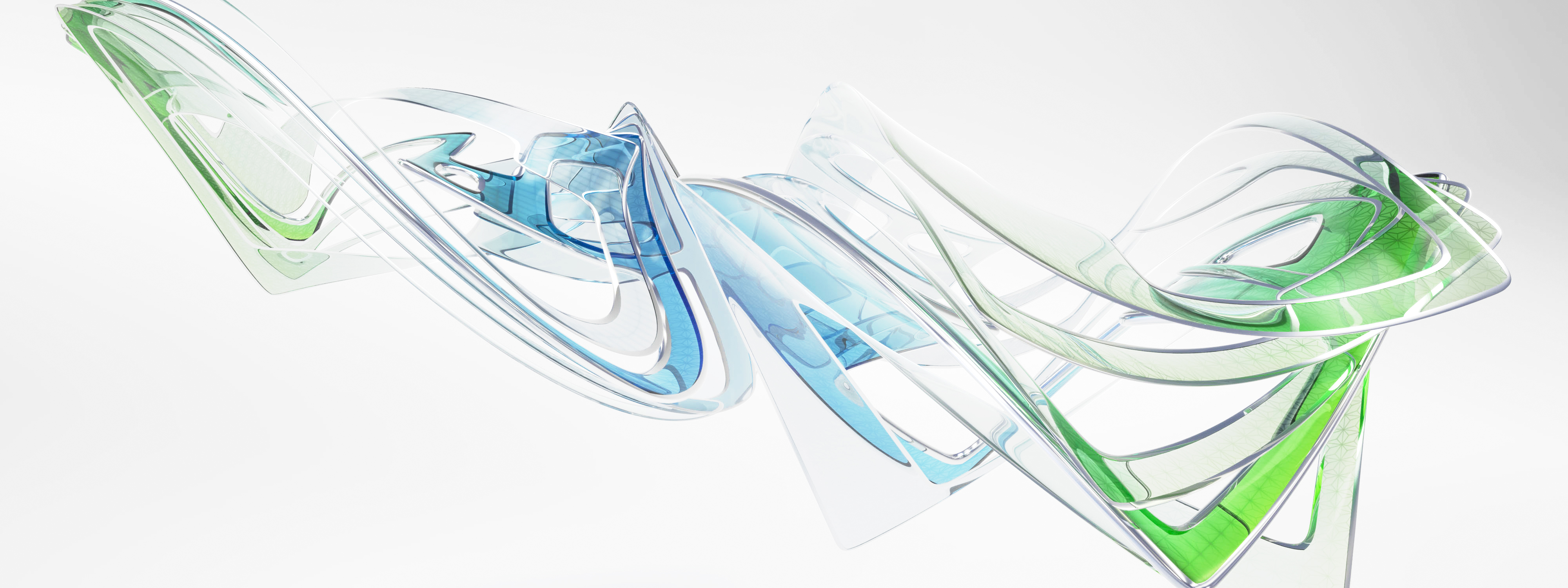

In 2021, NLMK Group adopted its Climate Programme that envisages a phased transition to the electric arc method of steel production based on DRI/HBI as feedstock (coke-free iron ore with a high iron content). More significant reductions can be achieved through transition from coal to "green" hydrogen and switch to the HBI+EAF process (hot-briquetted iron + electric arc furnace). The CO2 reduction potential for BF-BOF steelmaking, given the existing technology and possible advancements, is limited to 5-15% of the current levels (excluding carbon capture, utilization, and storage 3). NLMK Group's management devotes particular attention to climate aspects when considering the Company's strategy, risk management, annual budget, and business plans, as well as when setting the Company's business goals and monitoring the implementation and efficiency of major investments.įor more information on climate-related issues, please visit the Company website. The Company evaluates progress towards achieving the goals annually. Goals related to climate impact reduction are assigned by the CEO (Chairman of the Management Board) to the functional divisional managers of the Group, as well as the heads of production divisions at NLMK Group companies. The Board of Directors Strategic Planning Committee determines climate impact reduction goals. The agenda of the BoD meetings includes such issues as the decarbonization strategy, climate projects, climate risks, methodologyĪnd benchmarking, progress towards achieving the goals. The Company's leadership devotes continued attention to climate-related issues, which are embedded into its corporate governance system. Our approach to managing climate change-related issues

On Climate-related Financial Disclosures (TCFD) 2 from 2021. In 2023, NLMK Group published its third report in line with the revised recommendations of the Task Force

Specific CO2 emissions from scrap steelmaking are approximately four times lower than when using primary raw materials. On average steel produced by NLMK Group consists of 30-35% of recycled resources such as ferrous scrap and other materials that are climate neutral and can significantly reduce the Company's carbon footprint. Emissions avoided with NLMK's products are comparable to emission volumes from the entire steelmaking operations of the Group. Moreover, the Company's products (suchĪs steel for wind energy and energy-efficient electrical steels) enable a broad range of consumer industries to reduce their climate impact substantially. NLMK Group is fully committed to climate change action and takes meaningful steps towards decreasing greenhouse gas emissions, progressively reducing the carbon footprint of its products.


 0 kommentar(er)
0 kommentar(er)
